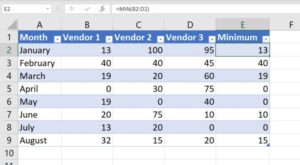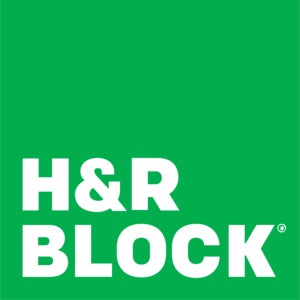Commentary: PowerDNS founder Bert Hubert didn’t know anything about business, which might be what led him to open source success.

Image: Getty Images/iStockphoto
Given how much money flows to and through open source companies these days (nearly $55 billion in 2018 alone), it’s easy to assume that the key to open source success is “release code on GitHub, collect millions.” But that doesn’t usually happen. In fact, this happens just as rarely as it does with proprietary software companies. Taking care of customers, it turns out, is hard.
However, here’s some hope for those open source developers who can’t seem to figure out how to turn their code into copious quantities of cash: PowerDNS. In a conversation with Bert Hubert, founder of PowerDNS, a leading provider of open source DNS software, services, and support, he detailed how the failure of PowerDNS as a proprietary product eventually led to open source success. This despite one VC telling Hubert, “Bert, you made a product for people with no money that don’t want to buy it from you.”
Turns out that was a feature, not a bug.
SEE: How to build a successful developer career (free PDF) (TechRepublic)
“An abysmal failure as a business”
Bert Hubert might be the only person to not make (and lose) a billion dollars during the dot-com bubble. This wasn’t for a lack of trying. In 1999 Hubert launched PowerDNS to offer rapid DNS-based geographical load balancing for V3 Redirection Services, operators of the then-popular URL redirection services ‘come.to,’ ‘go.to,’ and ‘browse.to.’ As Hubert described it, such services would “redirect to your ugly GeoCities URL.” (Remember GeoCities???)
The dot-com boom being the “ridiculous time” that it was, said Hubert, no one seemed to care that he and his team had no idea what they were doing. Hubert and crew were all graduates of Delft University in the Netherlands, an MIT-esque technical university:
They spend no time educating you on business there. No time. But if you study physics, then they teach you that you’re sort of the master of the universe. So we came out with this bunch of physicists and chemists and such and we thought, “Hey, we got a business. It’s easy. We did quantum mechanics, how hard can it be?” And we knew nothing. So it was an abysmal failure as a business, because, literally, we knew nothing.
Well, not “nothing,” but not much about business or about what weird words like “marketing,” “sales,” and “business development” meant (Hubert can be excused for not understanding that last one–it’s what people like me do for a living, and is sort of a made-up job). This problem became evident in how PowerDNS tried to sell its product. First, as the dot-com boom went bust, money dried up. “Our whole pitch was, ‘With PowerDNS, you can fire some of your system administrators,’ but the only people we knew as potential customers were system administrators. That went nowhere.” When Hubert shopped the idea to a VC he was told, “Bert, you made a product for people with no money that don’t want to buy it from you.”
Which turned out to be the start of something great.
“It was a little bit of a poison pill”
With the business going nowhere, except possibly into bankruptcy, Hubert and team tried to figure out what to do with the software. With bankruptcy looming as a risk, Hubert convinced the shareholders to open source PowerDNS to “see if we can turn this into some sort of legacy.” Hubert then worked hard to find and encourage third-party contributors, thinking, “If you do that, you are open source forever. Once you have the community, there is no going back. So it was a little bit of a poison pill.”
SEE: Raspberry Pi sales are rocketing in the middle of the coronavirus outbreak: Here’s why (TechRepublic)
It turns out that open source had been Hubert’s initial instinct, but figuring out how to turn that into money wasn’t obvious. As mentioned, it’s rarely obvious how to turn a product into a successful business. It generally takes timing, a lot of luck, and just as much hard work.
In the case of PowerDNS, the customers that “pay the bills” are companies like British Telecom and Deutsche Telecom–huge telcos. These companies don’t really care that PowerDNS is open source, but they do like one of the outcomes of (successful) open source: Lots of users. With an installed base of over 100,000, “That, for them, moves the needle,” he said. PowerDNS thus makes software with an open source community that contributes so as to get high-value software for free, which, in turn, makes PowerDNS interesting to large, paying customers.
It’s a wonderful model, and one that Hubert and team developed over time. It’s also a good clue for other companies interested in building a business with open source software. As HackerOne CEO Mårten Mickos has famously said, “Some people will spend any amount of time to save money; others will spend money to save time.” What PowerDNS discovered was how to work with the first group while charging the second group. You can, too.
Disclosure: I work for AWS, but nothing herein relates to my work there.
Also see
Source of Article




